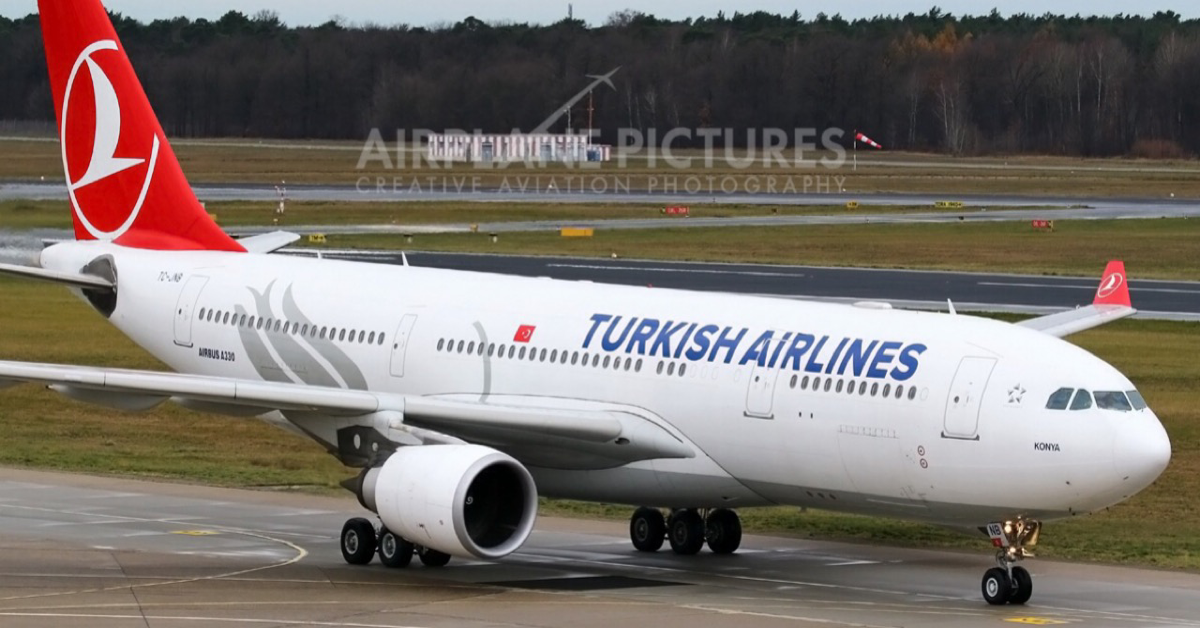The management and board of directors at Freetown International Airport have announced a significant enhancement to the airport’s flight services, effective November 2023.
The current frequency of flights to Freetown, which stands at 37, is poised to increase to 43 following the departure of Air France from the route. This change is expected to amplify accessibility and travel opportunities to and from the city.
The departure of Air France, which has been a crucial contributor to the airport’s services, will mark a transition that opens the door for new aviation prospects and connections. The increase in flight frequency post-Air France will diversify the range of airline options and potentially provide travelers with more choices and convenience.
Moreover, the announcement includes a momentous addition to Freetown’s aviation landscape, as Turkish Airlines is set to introduce the A330-200 aircraft. The introduction of this specific aircraft model by Turkish Airlines is anticipated to revolutionize the passenger experience, offering modern amenities and a comfortable travel environment for those flying to and from Freetown.
The A330-200, known for its advanced features and enhanced passenger comfort, represents a step forward in the technological and service offerings available for travelers to the region.
Minister Fanday Turay mentioned Turkish Airlines will increase its flights from 3 to 4 times per week with larger aircraft, while RAMMaroc will increase from 3 to 5 times per week to support peak periods. Brussels Airlines will also boost its frequency from 3 to 4 times per week. All African carriers will increase their frequency by 1.
The expansion in flight services, coupled with the introduction of the A330-200, signals a progressive and promising era for Freetown International Airport, marking an advancement in the quality and quantity of air travel services available in the region.
This transformation reflects the airport’s commitment to fostering connectivity and ensuring an improved travel experience for both domestic and international passengers. The anticipated changes are poised to benefit not only the airport and airlines but also the local community and the broader region by bolstering economic ties and tourism prospects.

 3 Comments
3 Comments









Comment(s)
Disclaimer: Comments expressed here do not reflect the opinions of Sierraloaded or any employee thereof.